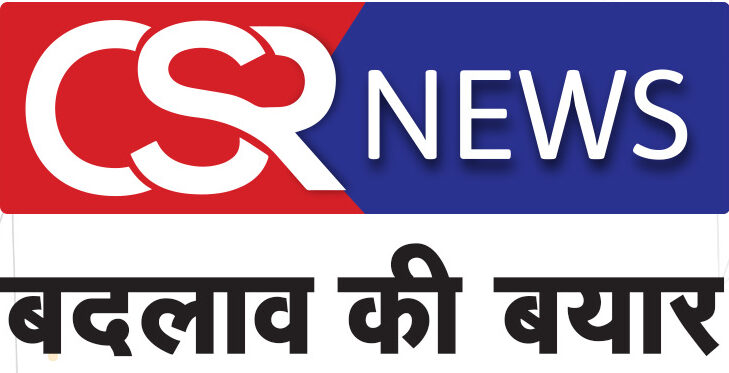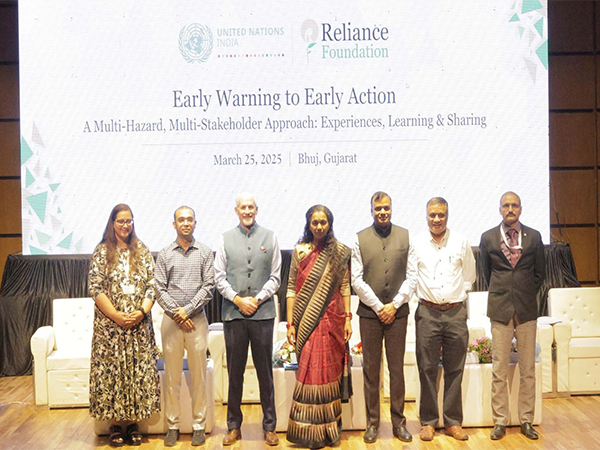Bhuj, March 26: Bold and transformative actions for enhancing Disaster Risk Management systems were emphasized at a recent convening by Reliance Foundation and the United Nations India. The event, titled ‘Early Warning and Early Action – A Multi-Hazard, Multi-Stakeholder Approach: Experiences, Learning & Sharing’, focused on innovative, accessible, and actionable early warning solutions to improve disaster preparedness across India.
Held at the Smritivan Earthquake Museum in Bhuj, the event brought together key experts, officials, and community leaders to exchange insights and strategies for strengthening localised disaster response systems. Dr. Jayanti S Ravi, Additional Chief Secretary, Government of Gujarat, underscored the importance of resilience in disaster-prone areas like Kutch and highlighted the state’s vision for ‘Smritivan 2’—a proposed multi-hazard preparation and training center.
Anupam Anand, CEO of the Gujarat State Disaster Management Authority, reflected on the state’s significant strides in disaster management, citing the successful coordination during Cyclone Biparjoy that resulted in zero casualties and minimal economic loss.
Shombi Sharp, UN Resident Coordinator in India, stressed that disaster risk is not solely a natural issue but also hinges on preparedness, speed, and effective action. He commended Gujarat’s leadership in disaster resilience and called for stronger regional collaboration to protect lives and livelihoods globally.
Sudarshan Suchi, Chief Development Officer at Reliance Foundation, reaffirmed the Foundation’s commitment to fostering collaboration, innovation, and community empowerment in building disaster resilience.
The convening featured insights from experts across NDMA, GSDMA, UN agencies, and civil society organisations. Key discussions covered impact-based early warning systems, slow-onset disasters like drought, and community capacity-building strategies.
The Bhuj convening follows a similar event held in Bhubaneshwar, Odisha, in November 2024, which focused on state response, livelihoods, and gender inclusivity. This series aims to document best practices, promote innovations, and influence policy-level outcomes for improved disaster preparedness across India.

